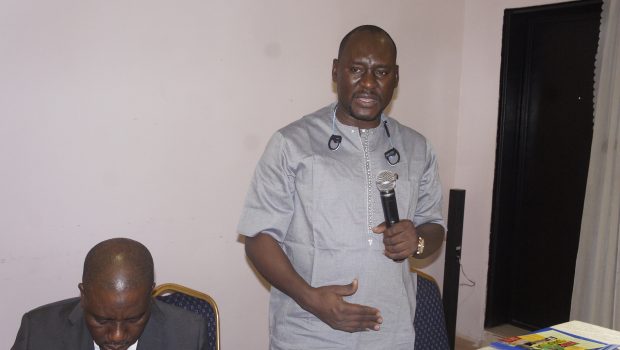The Civil Society Legislative Advocacy Centre (CISLAC), a civil society organisation (CSO), says 70 percent of Nigeria’s revenue is used to maintain less than 20 percent of the country’s population.
Auwal Musa, executive director of CISLAC, said this in Abuja on Tuesday during an address on the state of the nation.
Musa said Nigerians “are perplexed by daily occurrence of corruption scandals of seemingly detached political establishment hiding behind impunity and absurd privileges”.
“We decry the persistent shocking levels of corruption in Nigeria. Since 1960, Nigeria lost an estimated $400 billion to unimaginable levels of corruption and embezzlement, mostly stemming from gas and oil revenues. The natural resource ‘curse’ will add to other vast leakages in public spending and revenue collection, which will cost around 37 percent of GDP by 2030 if rampant graft is not addressed,” he said.
Advertisement
“Conservative estimates indicate that 70 percent of the nation’s revenue is used to maintain less than 20% of the Nigerian population that are public servants and politicians.
“It is astonishing to note that Nigeria as one of the richest oil producers in the world cannot lift more than 61 percent of its citizens out of abject poverty.”
The CISLAC executive director said it is disappointing to witness that so many corruption cases are rarely prosecuted till the end.
Advertisement
“A report by the EFCC claims that in 2016/17, 286 cases were brought to conviction, which would signal a remarkable improvement to 53 convicted cases in 2012,” he said.
“Out of 353 court proceedings. However, this nominal improvement disguises the fact that the politically exposed persons (PEPs) have been too often acquitted on dubious grounds.”
He said the anti-corruption legal framework must be strengthened through the adoption of proceeds of crime act and standing laws must be applied to grand corruption as well as petty bribery.
“While we welcome the passage of the PIGB by both chambers of the National Assembly, we are mindful of the fact that other relevant and indeed more strategic components of the renowned PIB remains elusive,” he said.
Advertisement
“The fiscal framework and the host community components are inevitable or the necessary changes and reforms badly needed in the sector. They must therefore be addressed for passage while the momentum in the process to secure presidential assent to the PIGB.”
Add a comment







